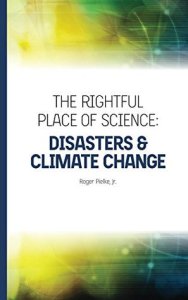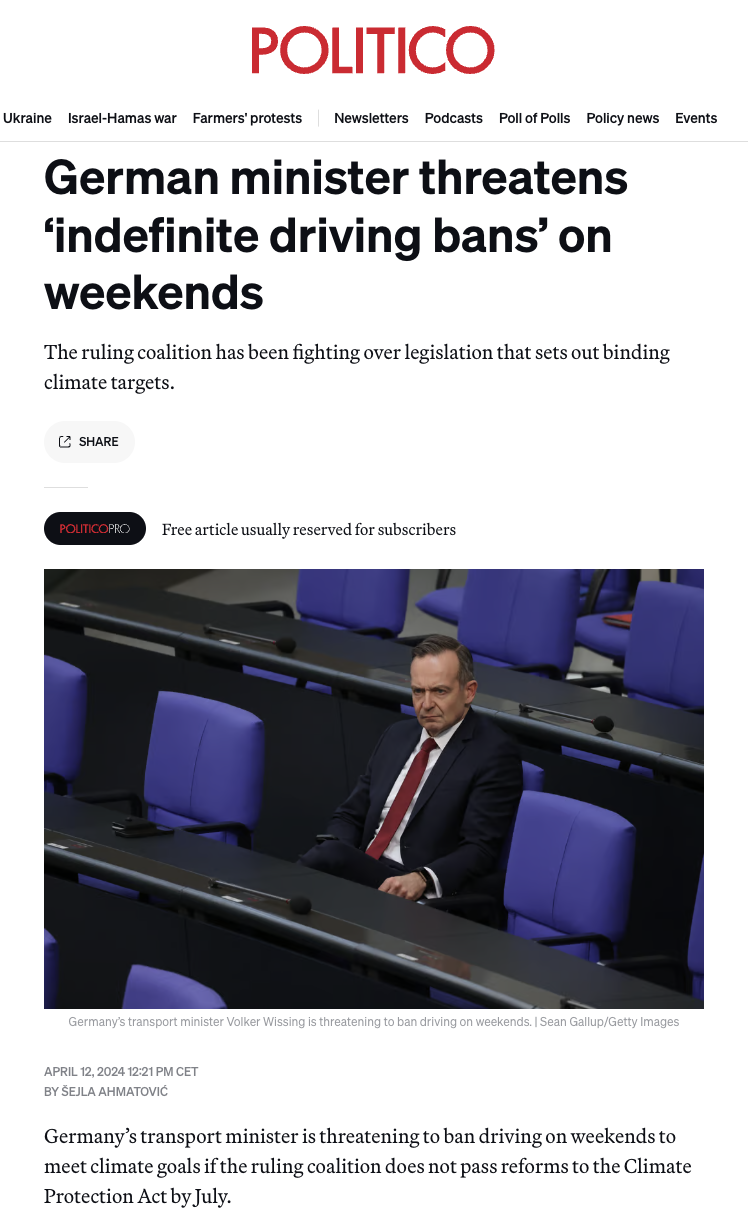Over at Spiked magazine, Ben Pile has a new article on The myth of a climate crisis. It’s mostly a review of Roger Pielke Jr’s book on The Rightful Place of Science: Disasters and Climate Change, originally published in 2014 but now updated in a new edition. In the Introduction, that you can read at the Amazon link above, Pielke says that a lot has happened in the intervening four years, mentioning increasing political polarisation and vilification of those who don’t promote the alarmist line.
Ben writes
At the beginning of every autumn, as we approach the peak of the hurricane season and the lowest Arctic sea-ice extent, we have to endure a deluge of media hysteria and doom-laden reports about climate change.
and gives the recent “New Climate Economy” report as an example.
He goes on to discuss how someone like Pielke, who, far from being a climate sceptic, presents the mainstream IPCC view, is nevertheless often attacked simply because he dares to question the narrative of imminent climate disaster.
Pielke is quoted as saying
‘I’m less worried about politicians who cherry-pick and select facts to support a particular narrative’, he says, ‘than I am about us supposed experts who decide to go along with them because they see it as politically convenient… Being an expert and an academic, I have far more hope that we can control how we behave and what we do in public debates than we can control what elected officials do in democracies.’
I’m often struck by how the UK climate science community howls with outrage when Nigel Lawson is allowed to say something every year or two, but remains silent when newspapers such as the Guardian make misleading claims about the effects of climate change.
The article ends with this intriguing point:
Pielke points out that countries where there has been an active sceptic voice are the ones that have made the most progress on reducing CO2 emissions.




